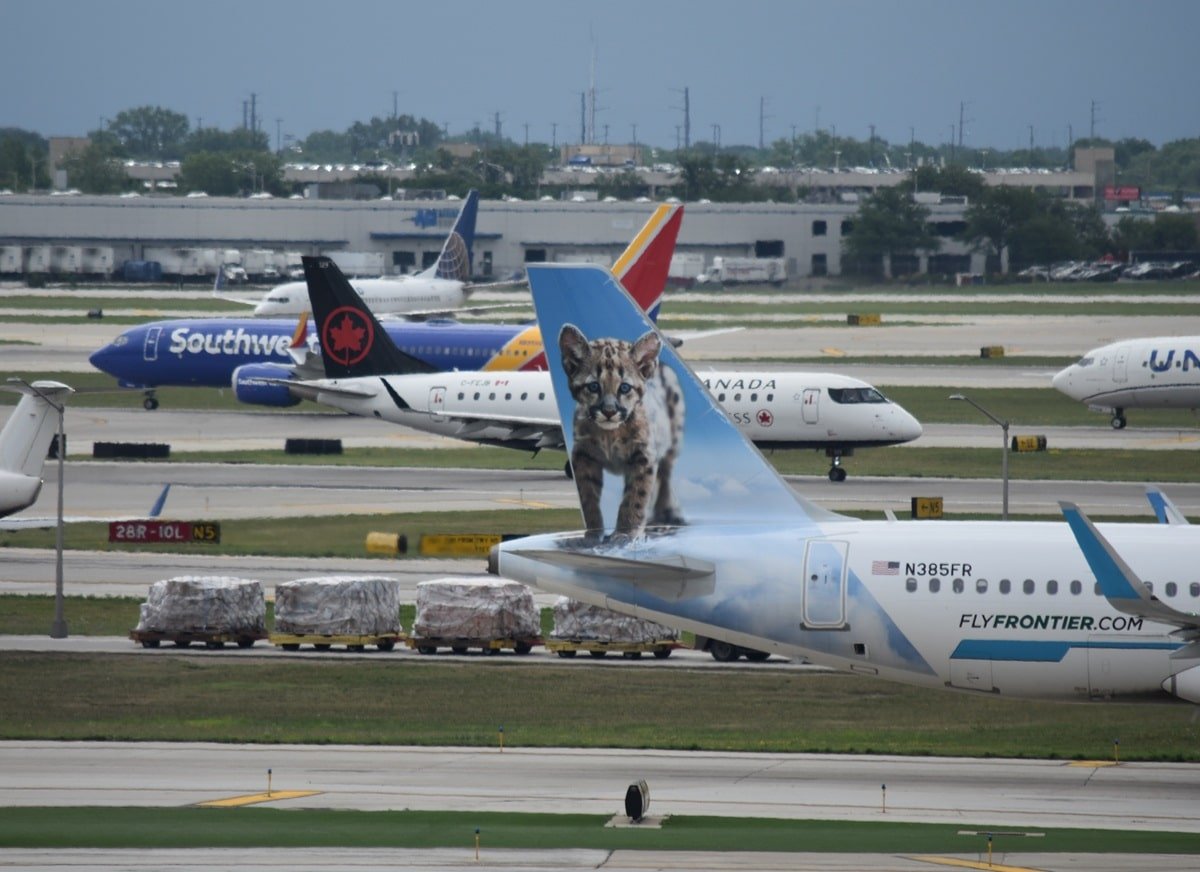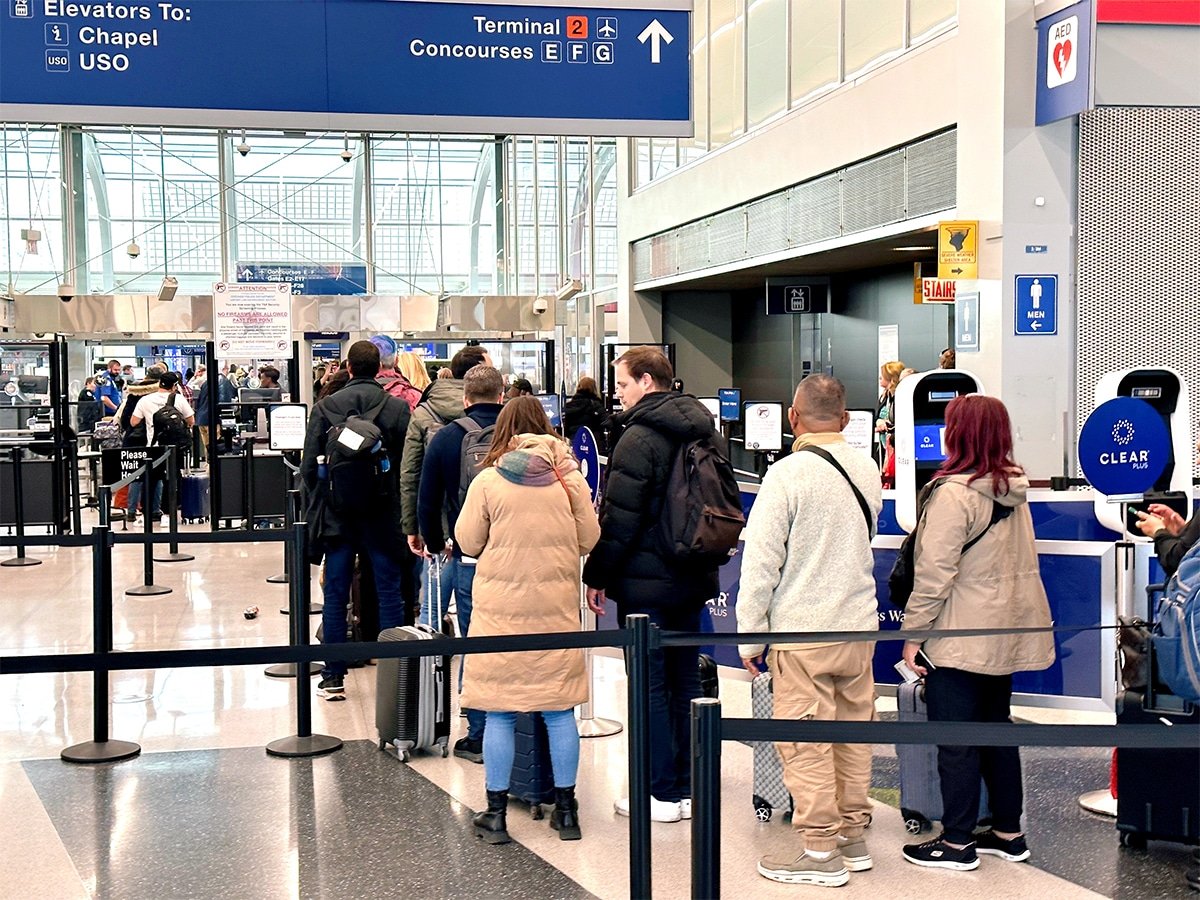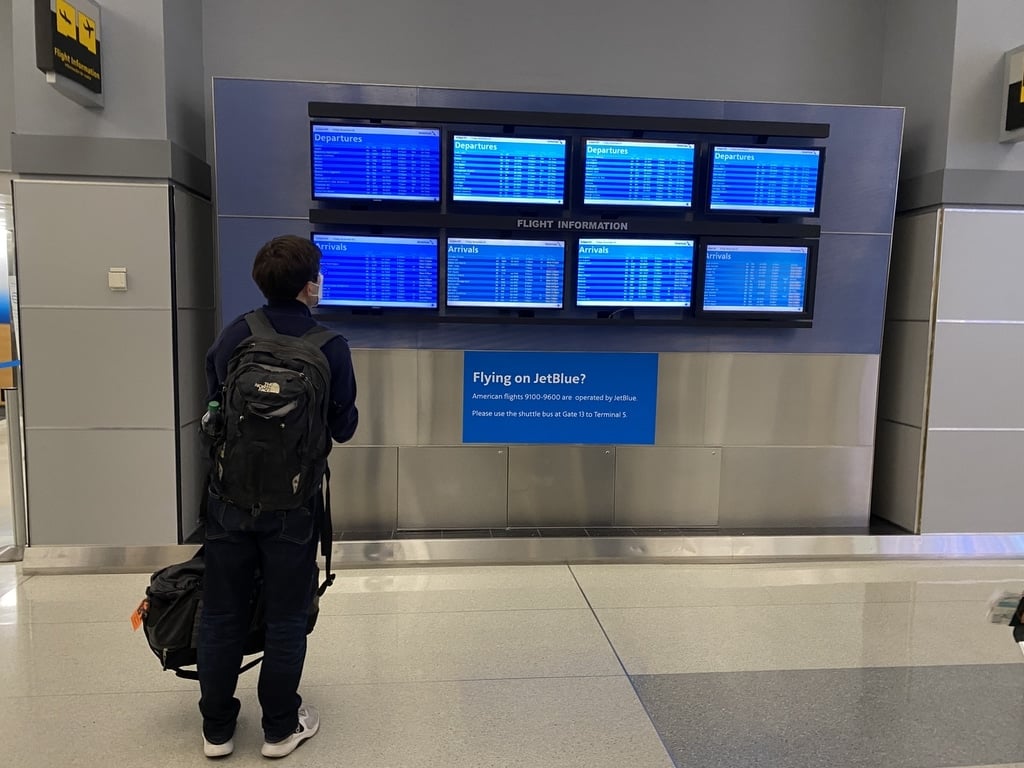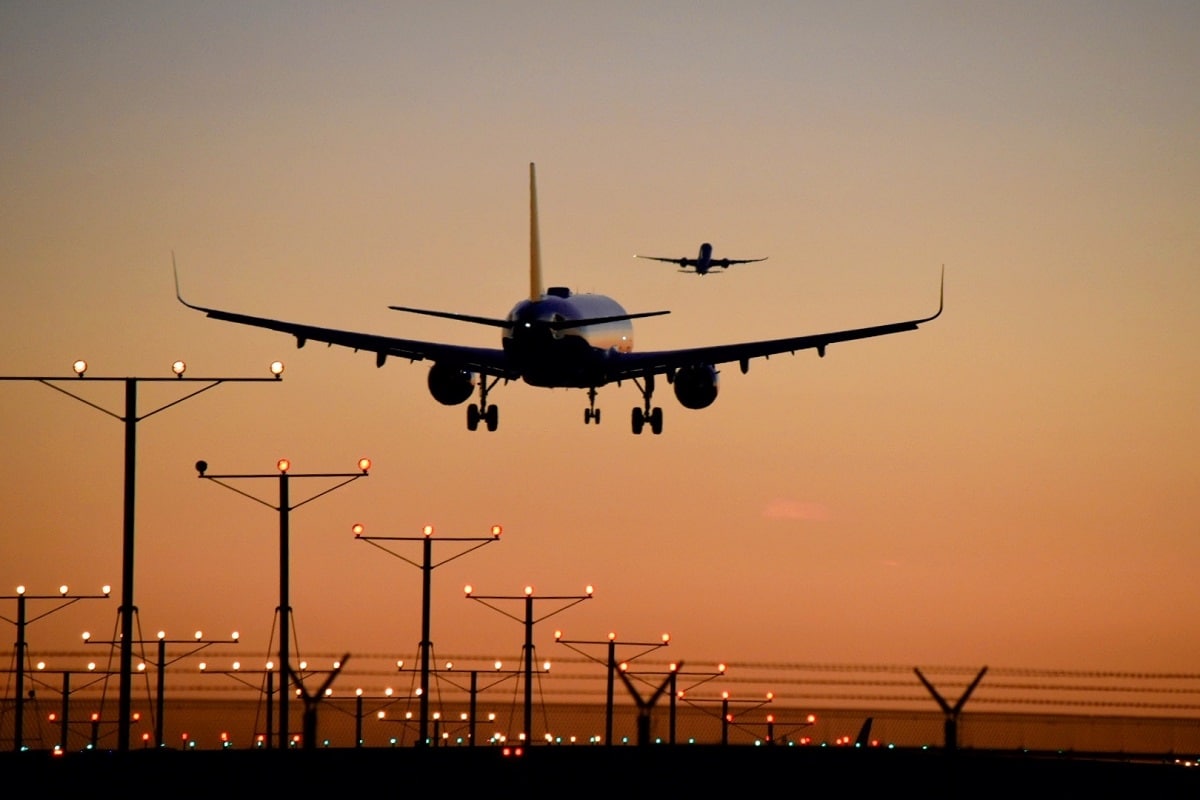The ongoing government shutdown has led the Federal Aviation Administration (FAA) to direct airlines to reduce schedules at 40 major airports (here’s the list). The move addresses staffing shortages among air traffic controllers and is aimed at keeping the national airspace operating safely.
 American, Delta and United all announced schedule reductions. American cut four percent of its flights, roughly 220 cancellations per day through Monday, while still operating around 6,000 daily flights. Delta and United confirmed compliance with the FAA and Department of Transportation directive, noting the reductions mainly affect domestic and regional routes rather than long-haul international service.
American, Delta and United all announced schedule reductions. American cut four percent of its flights, roughly 220 cancellations per day through Monday, while still operating around 6,000 daily flights. Delta and United confirmed compliance with the FAA and Department of Transportation directive, noting the reductions mainly affect domestic and regional routes rather than long-haul international service.
As of Sunday morning, more than 1.500 flights within, into or out of the United States have been canceled according to FlightAware. All three carriers issued travel waivers allowing customers to change, cancel or request refunds without penalty including for nonrefundable and Basic Economy fares. Airlines are contacting affected passengers through their websites, apps and push notifications.
Travelers affected by cancellations or delays can take several steps to stay on track:
1. Take a deep breath
Unless you’re on a regional jet, most likely your flight will operate as planned. Even if it doesn’t, this isn’t a peak travel period, so odds are good you’ll be rebooked on the next available flight without too much delay.
2. Confirm your contact info
Before you travel, make sure your phone number and email address are correct in your airline profile. That way they can reach you right away if something changes.
3. Get the airline app
Download your airline’s mobile app so you can receive instant updates about any delays or cancellations. You can also track your trip through third-party tools like TripIt or Flighty.
4. Move quickly if flight cancels
If your flight ends up canceled or seriously delayed, act fast. When you’re at the airport, get in line for customer service, but don’t just wait—check the app to see if the airline has already rebooked you. If not, send a message through the app’s chat feature or call the airline directly. You can also try contacting them on social media, often through X.
5. Don’t take the first rebooking offered
If the airline automatically rebooks you on a flight that doesn’t work, ask for a better option. This is your chance to improve your itinerary. For example, if you originally chose a connecting flight to save money and your flight gets canceled or delayed, see if you can switch to a nonstop flight at no extra cost.
6. Monitor seats
Use a service like ExpertFlyer.com to set seat alerts for the seats you want. You’ll get notified when one opens up. It’s also smart to track your current seat—if you get an alert that it’s available again, it could mean your flight details have changed.
7. Have a plan B
Keep all your travel company contacts handy, including your airline, hotel, car rental, or cruise line. If you absolutely must arrive somewhere on time, book a second flight as a backup—ideally with miles or points. If the first flight is canceled, you can switch to your backup and request a refund for the original. If not, cancel the backup and get your points or credit back. Avoid Basic Economy fares for this strategy since they’re typically nonrefundable.
8. Reserve a rental car just in case
If there’s a chance your flight won’t operate, make a car reservation so you have another way to reach your destination. Hertz has already seen more than a 20% increase in one-way rentals for November 8 and 9, and that number is likely to rise if disruptions continue.
9. Ask for a refund if you don’t want to rebook
When your flight is canceled and you’d rather not reschedule, the airline must issue a full refund—not just a travel credit.
10. Review your travel insurance coverage
Check what your policy includes. Most plans cover cancellations due to weather or illness, but policies vary when it comes to government shutdowns or related delays.
11. Give yourself extra time at the airport
Because some TSA officers are calling out sick, security lines might be longer than usual. Arrive earlier than normal and consider signing up for TSA PreCheck or Clear to move through screening faster.
12. Be kind to airline staff
A little kindness goes a long way when things go wrong. Treat gate agents and flight attendants with respect—they often have the power to make your day better. I like to bring chocolates as a small gesture, but even a friendly smile can help.



